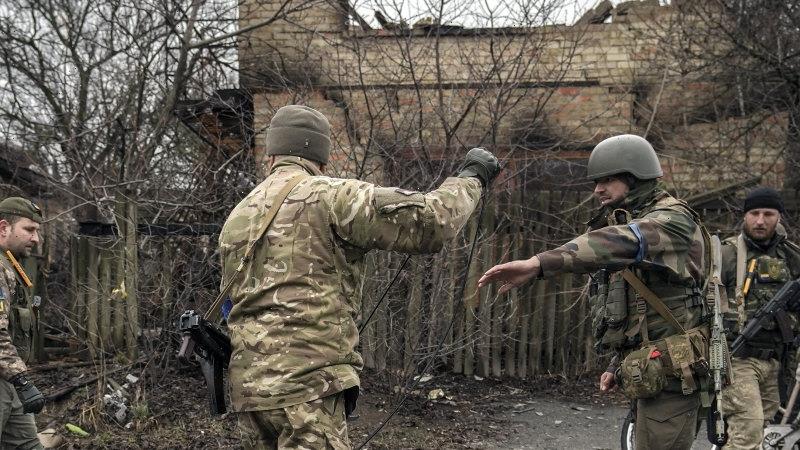On Wednesday, Minnesota prosecutors declined to file charges against a Minneapolis police SWAT team officer who fatally shot Amir Locke while executing a no-knock search warrant in the wee hours of the morning in February.
Locke, a 22-year-old Black man, was killed shortly after being startled out of his sleep by a Minneapolis police officer upon entering a city apartment under a ‘no-knock’ warrant on Feb. 2. Body camera footage revealed Locke reached for his firearm, before three shots were fired into Locke.
The warrant involved a homicide for the police nearby in St. Paul, according to the New York Times. Locke was not listed in the search warrant
After reviewing the evidence, Attorney General Keith Ellison and Hennepin County Attorney Michael Freeman, determined that Officer Mark Hanneman was justified in firing his weapon.
They said at a news conference that Hanneman’s body camera footage shows that Locke pointed his gun at the officer. However following the incident the city released a still from the video showing Locke holding the gun, with his index finger along the side of the barrel and not the trigger.
Hannenman was hired by the police department in 2015. According to AP, city records show there were three complaints made about him and all were closed without him being disciplined, but they give no details.
A fourth complaint in 2018, remains open, according to the citizen group Communities United Against Police Brutality.
One of Locke’s family’s attorneys, Jeff Storms, told reporters the family was “deeply disappointed” by the decision.
“They just have a very strong belief that the incredible wrong that happened to Amir is going to save other people’s lives,” Storms told CNN. “They’re not going to let the lack of criminal charges slow them down one bit.”
Ellison and Freeman believe Locke might never have been shot if not for the no-knock warrant. AP reported, they said there was “insufficient evidence to prove beyond a reasonable doubt that Hanneman violated any of the legal elements of the state statute governing when police can use deadly force.”
Ellison said, “It would be unethical for us to file charges in a case in which we know that we will not be able to prevail because the law does not support the charges.”
Locke’s death occurred while the nation was awaiting a verdict for the three other former Minneapolis police officers involved in George Floyd’s death.
Locke’s death sparked protests and a reexamination of no-knock search warrants. Days after Locke’s death, Minneapolis Mayor Jacob Frey, imposed a temporary ban on no-knock warrants.
Locke now joins a growing list of Black people killed without justice by law enforcement under the execution of a no-knock warrant. In 2010, seven-year-old Aiyana Stanley-Jones of Detroit, as well as 26-year-old Breonna Taylor of Louisville in 2020. The officers involved in Taylor’s murder have yet to be officially charged for her death, but were acquitted earlier this year for the endangerment of her neighbors. The officers responsible for Stanley-Jones’ death are free from a mistrial ruling.
Locke’s 17-year-old cousin, Mekhi Camden Speed, who the warrant was intended for has been charged with two counts of second-degree murder of Otis Elder.
Elder, a 38-year-old father, was found shot and laying in the street in what police believe was an apparent robbery on Jan. 10. Drugs and money were found in Elder’s SUV, according to court documents.
Source: Read Full Article



